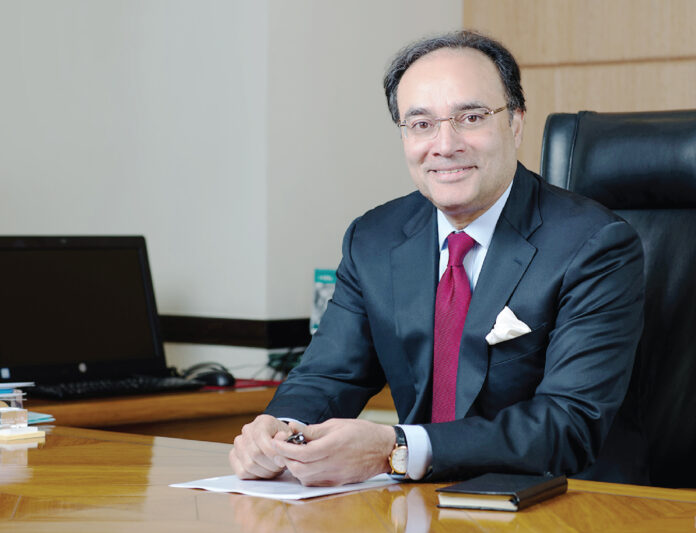Muhammad Aurangzeb, the Chief Executive Officer of Habib Bank Ltd (HBL), is being considered for a key role within the finance team of the newly elected Prime Minister Shehbaz Sharif.
This development comes at a crucial time as Pakistan prepares for negotiations with the International Monetary Fund (IMF) for a new bailout agreement.
As per media reports, Aurangzeb is likely to be appointed as the Special Assistant to the Prime Minister on Finance.
Meanwhile, some reports have speculated that Aurangzeb could assume the position of finance minister.
However, his lack of a parliamentary seat, a legal requirement for the ministerial role, raises questions about his potential appointment and the structure of the finance team.
An official decision has not been made public yet. The appointment is pivotal as the prime minister forms his cabinet, with the finance team playing a crucial role in addressing the country’s economic woes.
Pakistan is in dire need of a fresh loan from the IMF to support its economy, which is currently facing significant challenges including high inflation, dwindling reserves, and high external financing requirements as the ongoing $3 billion standby agreement (SBA) is nearing its expiration in April.
Aurangzeb’s extensive experience in the financial sector, including his tenure as the CEO of JP Morgan’s Global Corporate Bank in Asia, positions him as a strong candidate to navigate Pakistan through its economic challenges.




